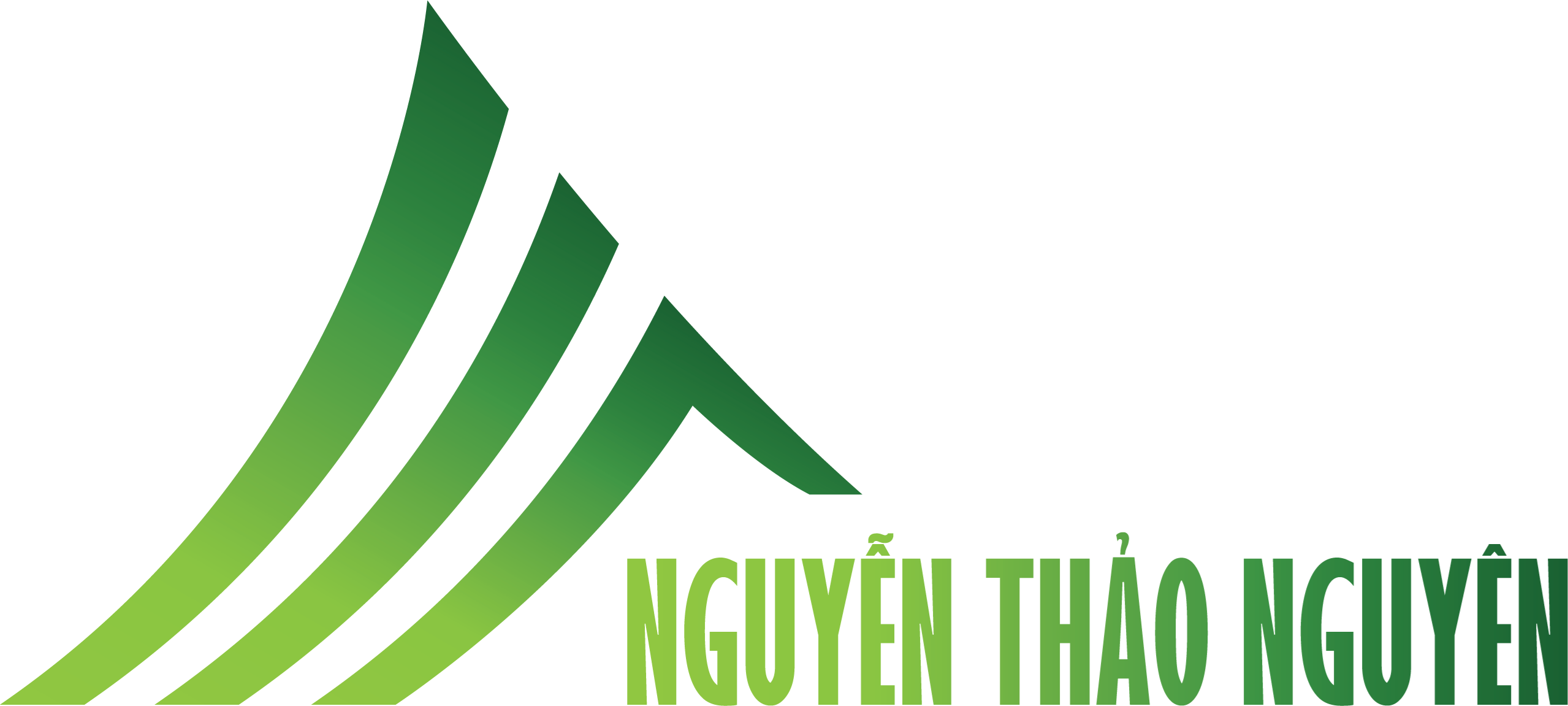I. Training objectives:
1.1 Training objectives:
General objectives:
The aim of the program is to train bachelors with knowledge, skills, and attitudes to become managers in the field of business administration; highly adaptable in the workplace. Learners can use English, communication skills, independent working skills and teamwork skills to work, study and research in their field. Learners can make business decisions in accordance with the market mechanism; creatively apply knowledge to corporate governance such as research, production, distribution of goods, services and other resources. At the same time, the program also equipslearners with political qualities, ethics and self-study capacityto improve their professional skills.
Detail objectives:
From the general objectives, the program has the following specific objectives (abbreviated as POs):
PO 1: Applying basic knowledge, foundations, and specializations in the field of administration; increasing creative capacity in thinking through theory and practice programs to extracurricular activities.
PO 2: Developing professional skills, analysis, problem solving, creative thinking;being able to identify the needs of the market to make the right decisions in management.
PO 3: Being passionate about their jobs and to improve their scientific research capacity at higher levels.
PO 4: Developing the ability to grasp social needs, fulfill social responsibilities, professional ethics, and conduct lifelong learning.
1.2 Program learning outcomes(PLOs)
1.2.1. Knowledges
General knowledges:
PLO 1: Applying knowledge comprehensively on natural sciences, politics, and societyto the field of business administration.
Professional knowledges
PLO 2: Applying business theories to support managers in decision making in accordance with the market mechanism.
PLO 3: Applying knowledge creatively to corporate governance, production management, management strategy development.
PLO 4: Identifying business opportunities and risks, proposing specific risk management options
1.2.2. Skills
Generic skills
PLO 5: Increase business management capacity, highly adaptable in the workplace.
PLO 6: Applying reasoning and systematic thinking; work independently, work in teams and solve problems effectively.
PLO 7: Developing good communication, presentation, and writing skills.
PLO 8: Using fluently foreign languages and information technology for professional works.
Professional skills
PLO 9: Conducting and analyzing statistical data to support decision making.
PLO 10: Mastering the use of software to support professional activities.
PLO 11: Thinking scientifically to make decisions, perform operations of governance.
PLO 12: Managing and developingnew products and services, the organization’sresources
1.2.3. Attitude
Awareness
PLO 13: Complying with laws, and maintaining a sense of responsibility for work, the society, and the community.
Attitudes
PLO 14: Self-improving professional knowledge, and professional ethics.
PLO 15: Self-studying and enhancing lifelong learning.
1.3 . Correlation between program objectives and program learning outcomes
Table 1. Classification of the program learning outcomesof (Advanced) Business Administration Program
|
POs |
PLOs |
||||||||||||||
|
01 |
02 |
03 |
04 |
05 |
06 |
07 |
08 |
09 |
10 |
11 |
12 |
13 |
14 |
15 |
|
|
01 |
1 |
4 |
4 |
4 |
|
|
|
|
|
|
|
|
|
|
|
|
02 |
|
|
|
|
|
|
|
|
5 |
5 |
5 |
5 |
|
|
|
|
03 |
|
|
|
|
2 |
2 |
2 |
2 |
|
|
|
|
|
|
|
|
04 |
|
|
|
|
|
|
|
|
|
|
|
|
3 |
6 |
6 |
PLOs: Program Learning Outcomes
POs: Program Objectives
Note:
1: General knowledges
2: Professional knowledges
3: General skills
4: Professional skills
5: Awareness
6: Attitudes
2. Curriculum
Tóm tắt nội dung đào tạo
Page count: 2277
Created : 02-10-2019
Last modify: 07-12-2019







